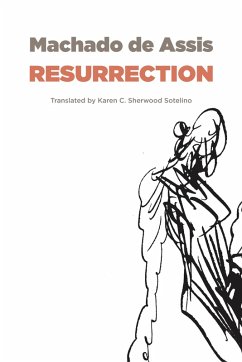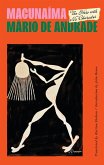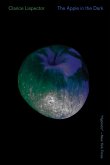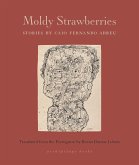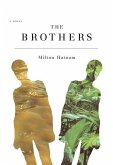Machado de Assis's first novel visits themes the author developed exquisitely throughout his career including marriage, memory, and perspective. In this insightful translation by Karen Sherwood Sotelino, and with an introduction by José Luiz Passos, the novel reveals the author's early experiment in drawing out psychological and sociological issues of his times. Readers familiar with his mature works will recognize the progression from infatuation, through passion, doubt, and toxic jealousy, as experienced by protagonists Félix and Lívia in 19th century Rio de Janeiro.
Dieser Download kann aus rechtlichen Gründen nur mit Rechnungsadresse in A, D ausgeliefert werden.

